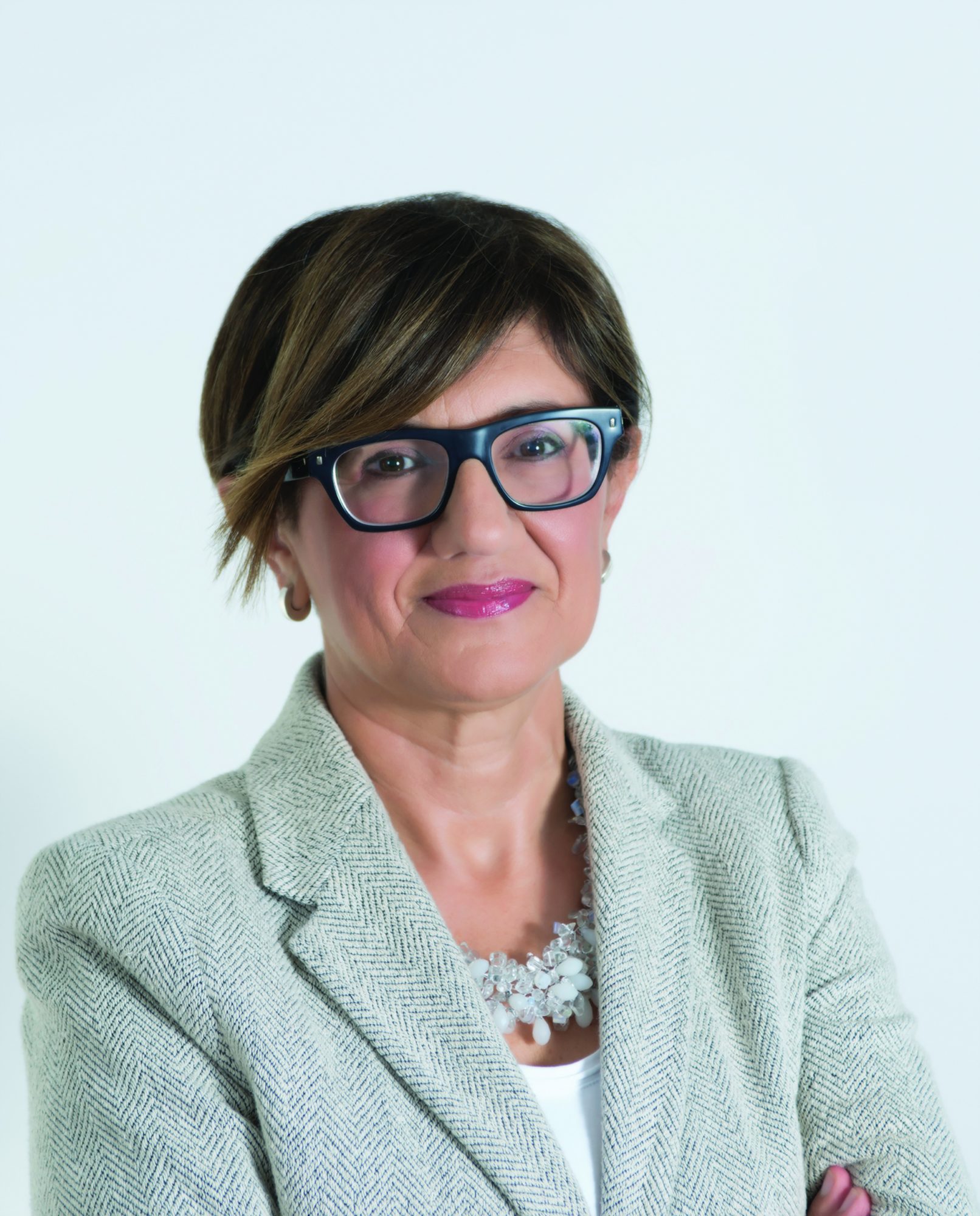
Life is hard sometimes. Juggling the demands of work with family while remaining healthy and sane can be tough. Done successfully, that lifestyle can look like a carefully choreographed dance. Add a bout of the flu to the mix though, and the dance gets thrown off. Now you find yourself strewn on the dance floor, with hurdles coming your way.
So far, mothers in our societies have carried the lion’s share of caring responsibilities and bear the Motherhood Penalty, affecting their earnings and career progression, amongst many other things. The International Labour Organisation claims that closing the gender gap in caring responsibilities between women and men is a priority for social development in the 21st Century.
The European Union (EU) is proposing a series of measures which aims to do exactly that. The first tackles paternity leave. At the time of writing, men in Malta are allowed at most two days off from work when they become parents. Under the new scheme, fathers will be able to take at least 10 working days of paid paternity leave around the birth of their child. When it comes to parental leave, a non-transferable quota of four months will be reserved for each parent to take, up until the child is 12 years old. It should be noted that 90% of fathers across the EU do not make use of parental leave at present. Finally, there is caring leave for workers who care for seriously ill or dependent relatives. These people will be entitled to five additional days of paid leave.
Whilst these three initiatives make sense, when analysed through the gender lens, the reality is that when people make use of these measures, they will not be compensated in full, but at the replacement rate of compulsory sick pay level. This immediately sets off the alarm bells.
Taking parental leave could mean a reduction of around 80% in income. Are Maltese parents, especially fathers, willing to accept such a drastic pay cut with every new child that arrives, along with a spike in costs? The result will be that fathers are likely to shun this additional leave, while mothers may be more prone to take the extra leave at the reduced pay rate. This will simply reinforce gender roles and gender stereotypes.
The aspect of this law that equates parental and caring leave to sick leave has to be removed. Parents manoeuvring through the fast lane of life and trying to care for their children by taking paternity, parental, or caring leave are not sick, so why pay them as such? Why impose a parental penalty on parents who are bringing up the next generation of citizens? The EU needs to do some serious rethinking if it really wants to contribute to the most significant social development of the 21st century.
Author: Dr Anna Borg





Comments are closed for this article!